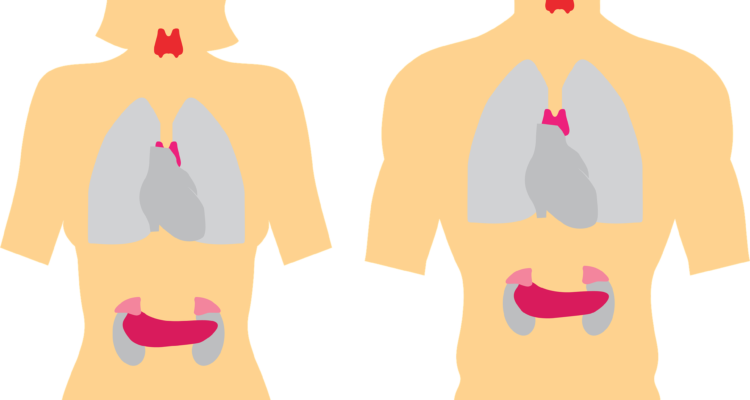◊ By Toxics Link
Visit ORGANIC SHOP by Pure & Eco India
Endocrine-Disrupting Chemicals (EDCs) are complex chemicals that are emerging as serious environmental pollutants and threats to public health globally.
EDCs are considered highly toxic due to their ability to cause serious and long-term impact on various critical endocrine functions such as adverse developmental, reproductive, neurological and immune effects in both humans and wildlife.
The World Health Organization (WHO) has defined EDCs as “an exogenous substance or mixture that alters function(s) of the endocrine system and consequently causes adverse health effects in an intact organism, or its progeny, or (sub) populations.”
EDCs are found in a wide range of products including baby feeding bottles, cash receipts, paints, gasoline, furniture, preserved wood, food packaging materials, printing inks, and personal care products. They are also used in processes such as dry cleaning and leather treatment.
Diet is a major source of exposure to many EDCs, from pesticides sprayed on fruit and vegetables, to substances widely used in packaging materials (Phthalates, PFAS and containers).
There are several global research reports being conducted by the numerous institutions which address various aspects of EDCs including the sources and exposure to EDCs and their impact on human health. However, the information on EDCs is very limited in the Indian context.
Toxics Link has released a report on ‘Endocrine Disrupting Chemicals (EDCs) in Food in India’ along with its international partner, The Norwegian Institute for Water Research (NIVA), as food is found to be an important source of exposure to EDCs.
The report has been derived from published research studies and data from India and across the globe, and has highlighted the gaps and challenges on the issues of EDCs in food in India.
The report has covered 3 major sources of exposure to EDCs:
1] Industrial Applications & Consumer Products – BPA, Phthalates, Mercury, Triclosan, PCBs (polychlorinated biphenyls), and Brominated Flame Retardants
2] Organochlorine Pesticides – Lindane, Endosulfan, DDT (Dichlorodiphenyltrichloroethane), Chlorpyrifos, Methoxychlor)
3] Environmental Byproducts – Dioxins and Furans
The report also highlights some of the major global, as well as, Indian regulations such as the Stockholm Convention on POPs (Persistent Organic Pollutants), the Rotterdam Convention and Strategic Approach to International Chemicals Management (SAICM) that have made efforts on the various aspects of EDCs in order to minimise the impact of chemicals on the environment and human health by restricting their use in various products.
India is party to many of these chemical conventions. There have been efforts made by Indian government to phase out EDCS such as BPA and Phthalates from baby feeding bottles and other children’s products respectively.
Some of the pesticides such as Endosulfan have been phased out for use in agriculture. Stringent standards have been placed for Dioxins content from various wastes. Regulations are in place to restrict some of the EDCs in food and agricultural products.
However, in India there are multiple challenges in implementation of these regulations. Additionally, there is a lack of standards for many of the EDCs in foods.
There are instances of high chemical pesticides usage in agriculture, coupled with cross contamination, adulteration, use of food additives and preservatives.
These are coming to light and raise suspicion on the safety of the food we consume.
Further, unscrupulous management of the waste in India has enhanced the possibility of contamination of food with toxins.
Research studies have established that many of the chemicals including pesticides and preservatives are EDCs and contaminate the food chains.
There are also EDCs sourced from consumer products and ending up in the food chain.
The government of India urgently needs to recognise the emerging problems associated with EDCs and create a specific policy framework to manage these chemicals.
Toxics Link is an environmental NGO based in New Delhi, India



Leave a Reply